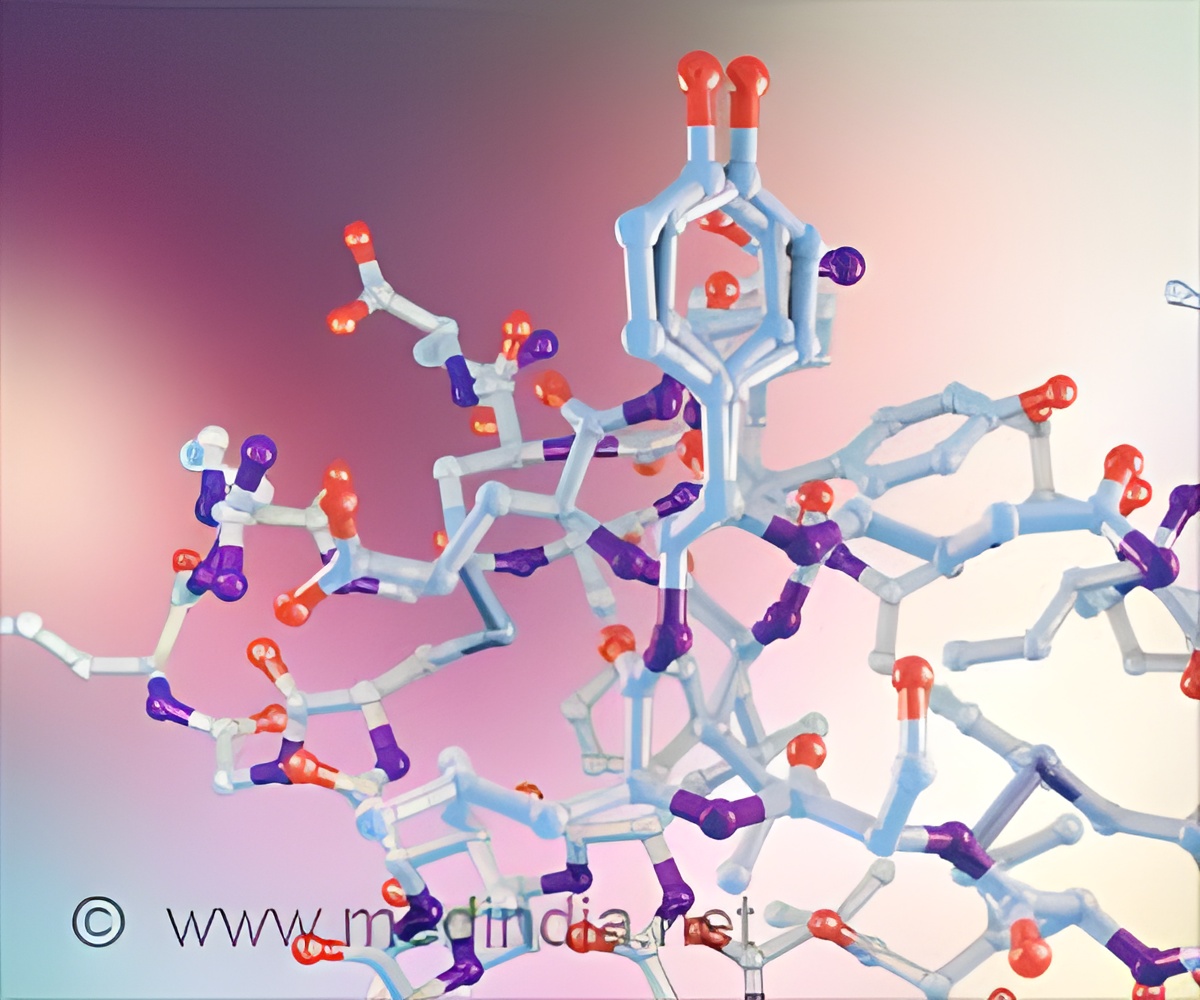Strong links between our hormones and COVID-19 are confirmed by a new expert statement.

‘Strong links between our hormones and COVID-19 are confirmed by a new expert statement. Consistent evidence found since the emergence of the pandemic, links across a variety of endocrine conditions with COVID-19. The data thereby presents a decalogue for endocrinologists and patients with endocrine and metabolic conditions concerning COVID-19 and other global health issues.’





"The evidence is clear. The effect on hormones cannot be ignored in the context of COVID-19. We need to be aware of the endocrine consequences of COVID-19 for patients with a known endocrine condition such as diabetes, obesity or adrenal insufficiency, but also for people without a known condition. Vitamin D insufficiency for example is very common, and the knowledge that this condition has emerged frequently in the hospitalized COVID-19 population and may negatively impact outcomes should not be taken lightly", says Dr. Manel Puig from the Universitat Autònoma de Barcelona in Spain and first author on the statement. The team looked at the available evidence concerning COVID-19 across several endocrine conditions and related factors: diabetes, obesity, nutrition, hypocalcemia, vitamin D insufficiency, vertebral fractures, adrenal insufficiency, as well as pituitary/thyroid issues and sex hormones.
Endocrinal Manifestations in COVID-19
One of the most frequent comorbidities associated with severity and mortality of COVID-19 is type 1 or type 2 diabetes. It has consistently increased during the year of pandemic - and evidence is emerging that a bidirectional relationship between diabetes and COVID-19 may exist, both in terms of worsening existing conditions and new onset of diabetes.
Obesity follows similar trends as it increases susceptibility to SARS-CoV-2 and the risk for COVID-19 adverse outcomes. They posit that nutritional management is important both for patients with obesity or undernourishment to limit their increased susceptibility and severity of infection.
Advertisement
But patients with adrenal insufficiency (also called Addison's disease) may need adjusted glucocorticoid treatment to address side effects such as fever. The data thereby present a decalogue for the important role of endocrinologists in treating patients with endocrine & metabolic conditions concerning COVID-19 and other global health issues.
Advertisement














